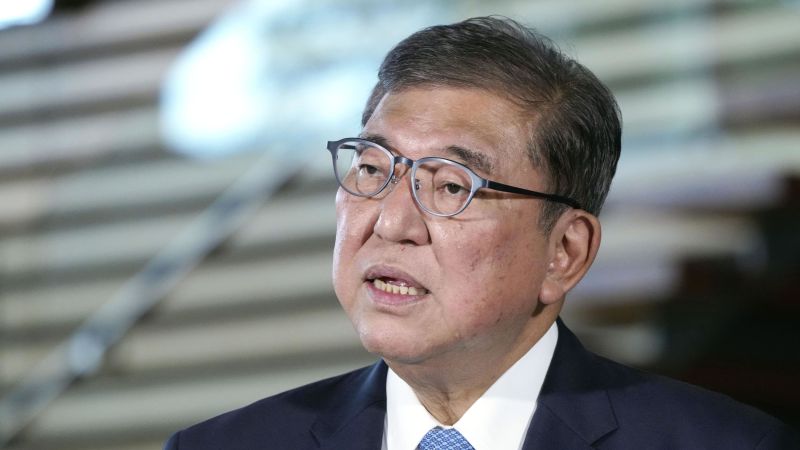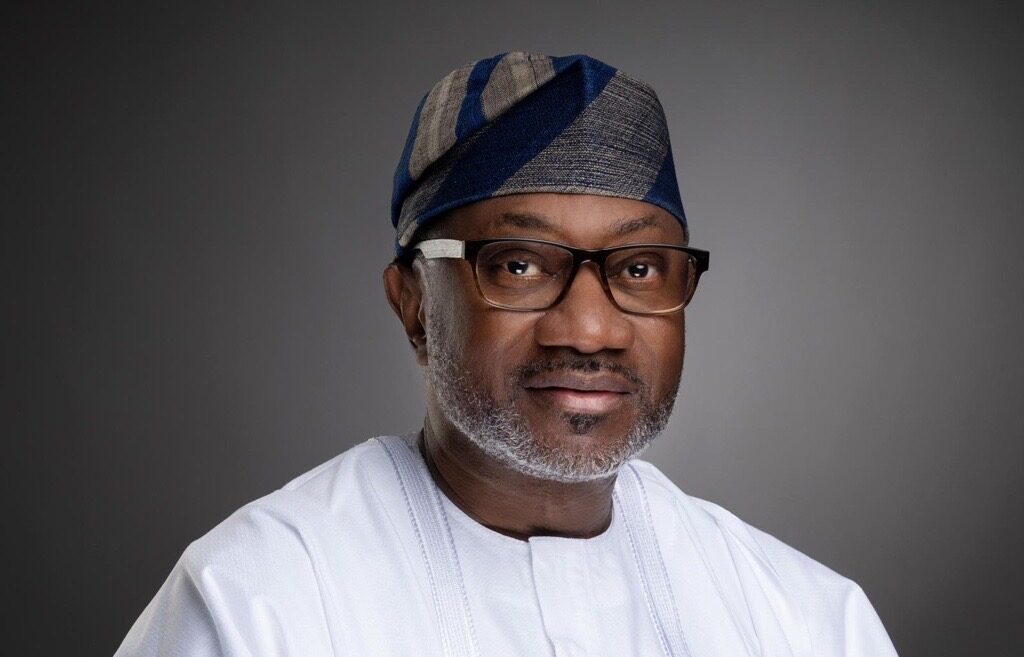
Japan Plunges Into Uncertainty as Prime Minister Shigeru Ishiba Resigns Amid Economic Strain

In a stunning political twist, Japanese Prime Minister Shigeru Ishiba has resigned less than a year into his tenure, throwing the world’s third-largest economy into fresh uncertainty. His sudden decision comes after a crushing electoral defeat and mounting public anger over the soaring cost of living, signaling a leadership vacuum at a moment when Japan can least afford instability.
Ishiba, long viewed as a steady hand in turbulent waters, admitted the weight of economic discontent had become unbearable. His resignation follows the government’s recent trade pact with Washington, a deal designed to ease tariffs on Japan’s auto sector — once the crown jewel of its export economy. Yet the move failed to soothe domestic anxieties, as wages lagged behind inflation and energy costs climbed sharply.
“I believe new leadership is required to restore public confidence and guide Japan through these extraordinary times,” Ishiba declared in a somber address, confirming he has called for an emergency party election to determine his successor.
Already, speculation is swirling around potential replacements. Among the frontrunners is Sanae Takaichi, a staunch conservative who has hinted at looser fiscal policies to stimulate growth. But analysts caution that Japan’s debt-to-GDP ratio, the highest in the developed world, leaves little room for reckless spending without rattling international markets.
The resignation could not come at a worse time. Japan’s economy, still struggling to recover from the pandemic’s long shadow, now faces heightened volatility. Investors fear that political instability may weaken Tokyo’s negotiating leverage abroad and further unsettle domestic markets. The yen has wavered in early trading, with concerns that prolonged uncertainty could deepen economic woes.
For ordinary Japanese citizens, however, the crisis feels more personal. Families burdened by rising food and housing costs are demanding solutions, not political drama. Ishiba’s departure, rather than relief, may only intensify their frustration unless his successor can quickly bridge the widening gap between policy promises and lived realities.
As the race for leadership begins, Japan finds itself at a crossroads: restore faith through decisive reform or risk sliding deeper into economic malaise. And with global eyes fixed on Tokyo, the outcome will shape not just Japan’s future — but the delicate balance of power across Asia.


